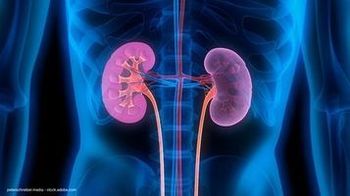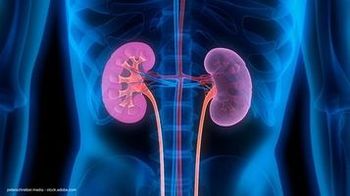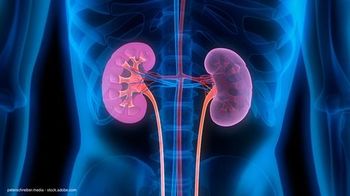
CMS puts CAP on hold, final rule expected by year's end
Washington--Urologists and other physicians now have some breathing room as they seek to decide whether to participate in the new Competitive Acquisition Program (CAP) established by the Centers for Medicare & Medicaid Services for drugs administered in the office.
Early in August, CMS announced it had suspended the bidding process for vendors, and said the agency needed more time to review public comments it had received as well as to implement further clarifications in the bidding process. Despite the delay, CMS stuck with its Sept. 5, 2005 deadline for comments about CAP.
"After we are able to analyze the comments and determine how we can best improve the efficiency and attractiveness of the CAP, we anticipate publishing a final rule in late 2005," the agency said.
At that point, CMS said, it will conduct an "election period," during which time physicians can voluntarily choose to participate in the CAP program and enroll with a particular vendor.
"At present, we expect that drugs will first be delivered through the CAP by July 2006," the agency said.
The original timetable called for CMS to provide physicians with details on how to elect to participate in the CAP for 2006, including a list of CAP vendors from which to choose, by Oct. 1. Physicians would then complete their election form and return it to their local Medicare carrier.
Supporters few
So far, the new program, designed to serve as an alternative to the average sales price (ASP) payment system for physicians who administer drugs in the office to Medicare patients, is being met with less-than-resounding enthusiasm from many urologists. An e-mail survey byUrology Times asked a sampling of readers if they were likely to participate in the program in 2006, given the information they currently had. Among 214 respondents, only 7.9% said they planned to participate in the CAP. About one-third (31.3%) said they would not participate, 38.3% were unsure, and nearly one-fourth (22.4%) said they were not familiar with the program.
"This tracks with the sense that I have been getting from many of our members," said Robin Hudson, AUA's manager of regulatory affairs. "There don't seem to be many practices interested in doing this."
The main problem appears to be the complexity of the new program, ordered by Congress in connection with the Medicare Modernization Act to give physicians an option other than buying and billing for drugs themselves and to save the pool of federal money in the Medicare program.
Beginning with drugs administered on or after Jan. 1, 2006, physicians will be given a choice between buying and billing these drugs under the ASP system or obtaining them from vendors selected through a competitive bidding process. The vendors will bill Medicare for the administered drug and the patient for any applicable copayment or deductible. The physician will bill Medicare only for the drug's administration.
"A lot of the problems that urologists are having this year are because they can't purchase leading cancer drugs at or below ASP plus 6%, so they are losing money," Hudson said. "Since some of these drugs are in the CAP, they could try it out and see how it works."
A list of commonly administered urology drugs included in the CAP for 2006 appears at right. For a more complete list of drugs offered through CAP for 2006,visit
"While urologists may be losing money on certain drugs under the new average sales price payment system, the unknowns about CAP, including potential hidden administrative costs, make it difficult to objectively compare options," Hudson said.
Newsletter
Stay current with the latest urology news and practice-changing insights — sign up now for the essential updates every urologist needs.





